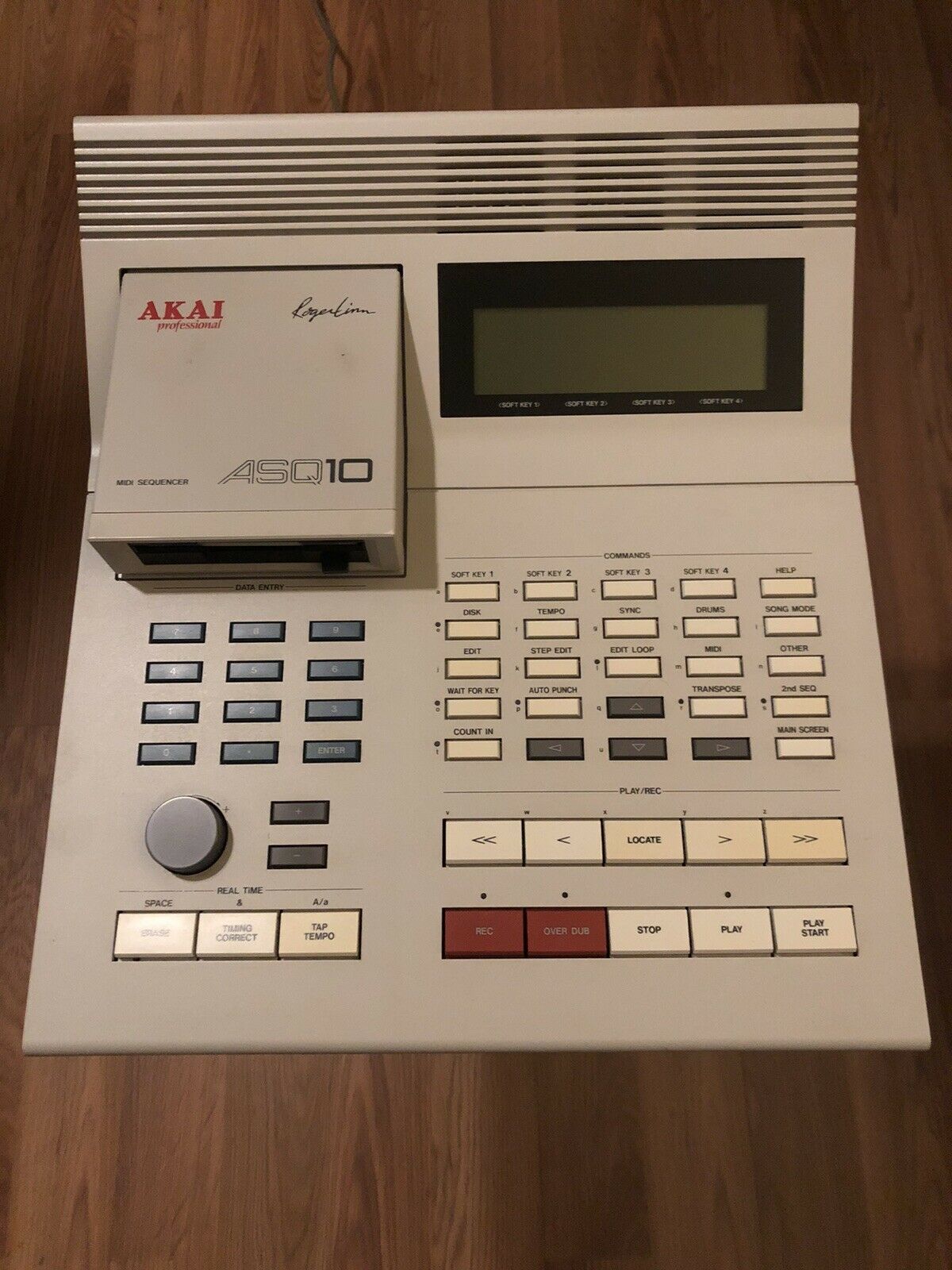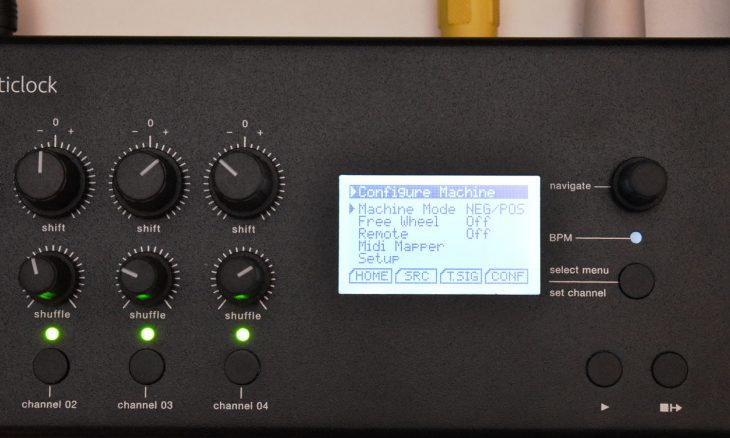

Depending on what software/hardware you've implemented this thing in, this might be easier to implement. In fact, I'm not sure that I've ever needed positive offset with respect to the click for any reason, though I can see that someone going for a "Dilla time" feel might want to have something consistently late on the grid.Īn alternate approach to getting negative offset would be to just implement an adjustable delay on the metronome audio output. If you can't easily implement negative MIDI clock offset with respect to the metronome in this revision, it's probably not worth the complexity of including offset adjustment at all positive offset is much less likely to be needed, in my experience. These are scenarios where the MIDI clock needs to be slightly ahead of the metronome.
Multiclock erm Patch#
Typically I'm trying to compensate for a device that has some internal latency, in order to bring it back into time with the metronome that everyone's playing to, or to compensate for a synth patch or tremolo-type effect with a soft attack envelope, where I want the notes to begin sounding sooner to partially compensate. Unfortunately, the type of offset I need to dial in most frequently is negative offset. I think parsing MIDI clock is where some of these programmers get a little out of their depth, or don't do enough testing, and fail to minimize or internally compensate for the resulting latency (not naming names, but guitar pedal makers are the main culprits in my experience).ģ) I am not a big modular guy, but I would think that devices that clock to CV/Analog/DIN sync are hopefully a little more likely to be "bang on", so not having the ability to dial in offset there should be fine.

I also think it's "good enough" because:ġ) one hopes you won't have more than one misbehaving device in your rig.Ģ) My only experience with devices needing negative offset to line up properly has been with ones that take MIDI clock. It minimizes the added complexity to the interface design, as well as implementation and testing. Your solution of only providing for offset on only one of the MIDI outputs seems like a fairly elegant one. Yes, that was me with the long list on Facebook! If that works, what about the audio click and the CV/Analog/DIN outputs? The easiest is for them to stay where they are, with Output #1, but I guess you would want them to be moved as well, so the setting is basically negative latency on MIDI Output #1. So, with that in mind, what would you say to having a simple setting, a value in milliseconds (0 by default, probably 150 max) which will be a latency added on MIDI Output #2? If you need to have negative offset simply use MIDI Output #1 (which compared to Output #2 will have negative offset). And the list of settings is already getting very long. So there are no possibilities for menus and like. (just FYI the reason the MIDI Clock is implemented in a non-standard way is how I could obtain such a low jitter)Ģ) The settings interface is very limited, it's basically just a knob you can turn and press, and a 3-digit LED display.
Multiclock erm code#
I'm gonna be very open about this - there are two issues with implementing this:ġ) First because of the way the MIDI Clock is sent it's actually a lot of code work - that means time to code, time to test, more troubles down the line.

Nice to hear Daniel and thank you for writing!Īre you also the one who gave me that whole list on Facebook about how many usages you have of the per-output latency adjustment? The Multiclock implementation for negative offsets (wait a bar after the internal clock starts running before beginning to send clock to outputs with appropriate offset applied) works fine, since local modifications to the space-time continuum are probably off the table. The Boss SL-20 is one example, and I've found the Eventide H9 on certain "chopper" type presets to need adjustment as well.Ī range of +/- 100ms range should be adequate to adjust for this type of issue.

I have found that some popular gear (most often, effects pedals) have some inherent latency that needs to be compensated for when sync'd to MIDI clock. I know the current hardware design won't allow for dedicated knobs for real-time adjustment of per-output latency, but I would like to recommend at least providing menu-configurable latency adjustments per output.
Multiclock erm free#
Official topic in the Potential future feature Forum: viewtopic.php?t=207įeel free to still write here in this topic for debates or larger discussions around the feature.


 0 kommentar(er)
0 kommentar(er)
